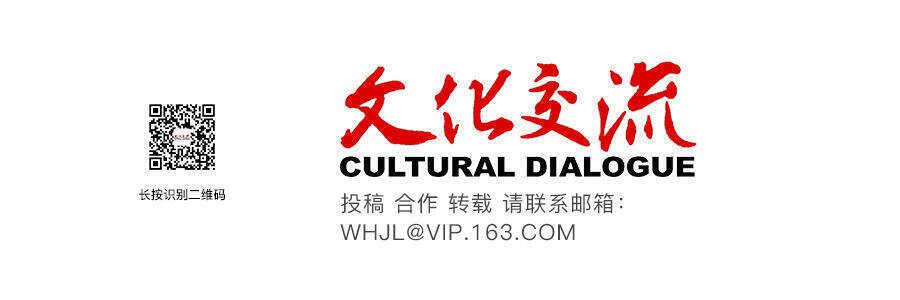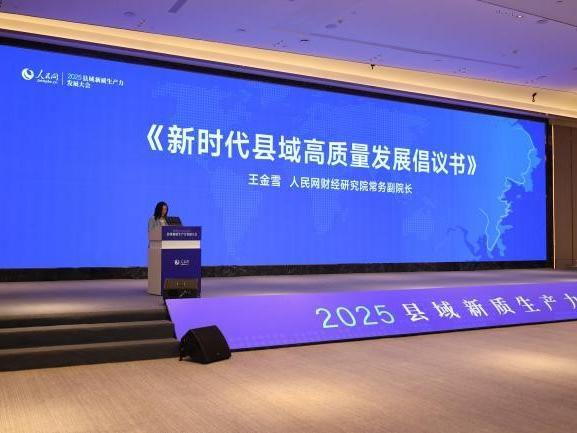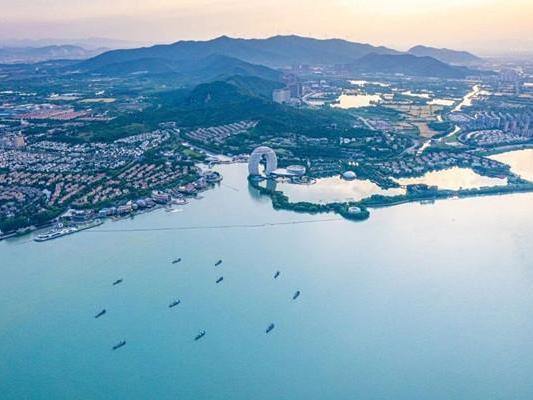Scholars of Eastern Zhejiang School were more than scholars. They were men of courage and action. History shows that courage, action, and military talent were traditional attributes of the scholars in eastern Zhejiang.
Wang Yangming (1472-1529), a scholar who is considered one of the four greatest scholars in the ancient history of China (the other three are Confucius, Mencius, Zhu Xi), won many military campaigns in his brief government career. He smashed bandit gangs and uprisings and even cracked down a rebellion of a prince.
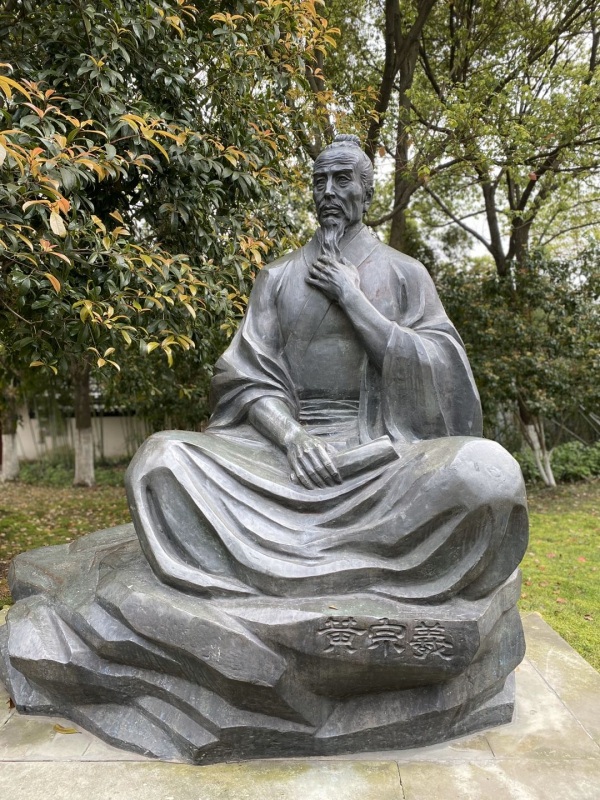
Fang Xiaoru (1357-1402), a scholar from eastern Zhejiang, refused to surrender to Emperor Yongle, the fourth son of Zhu Yuanzhang, the founding emperor of the Ming (1368-1644), and was thrown into prison. Emperor Yongle came to power after dethroning Emperor Jiancheng, a grandson of Zhu Yuanzhang. Loyal to Emperor Jiancheng, Fang refused to write an imperial decree that would declare the coronation of Emperor Yongle. Fang was eventually executed.
Zhang Cangshui (1620-1664), a scholar of Ningbo, fought the Qing (1644-1911) after the Ming fell apart. He was arrested and refused to surrender. He was executed in Hangzhou in 1664.
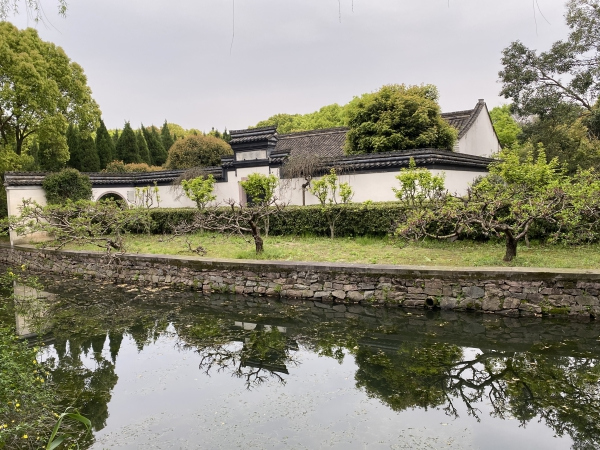
If Tianyige Library, China’s extant most ancient private library built in the 1560s, signifies the illustrious scholarship of Ningbo in eastern Zhejiang, then White Cloud House, which used to be a suburban property of the Wans, stands for the courage and action of scholars in Ningbo, a key city in eastern Zhejiang.
The house sat outside of Ningbo when it was first built. Now it is only about one hundred meters from the busiest downtown shopping area of the city. Wan Bangfu, a general of the Ming Dynasty who fought Japanese pirates, retired from military due to health issues and had a cemetery built in the western suburb of Ningbo City. The residence took shape. Toward the end years of the Ming, the property passed down to Wan Tai, then minister of the revenue ministry. His son Wan Sixuan was buried there too. As Wan Sixuan wrote a book called , he was known as Master White Cloud and the residence was called White Cloud House.
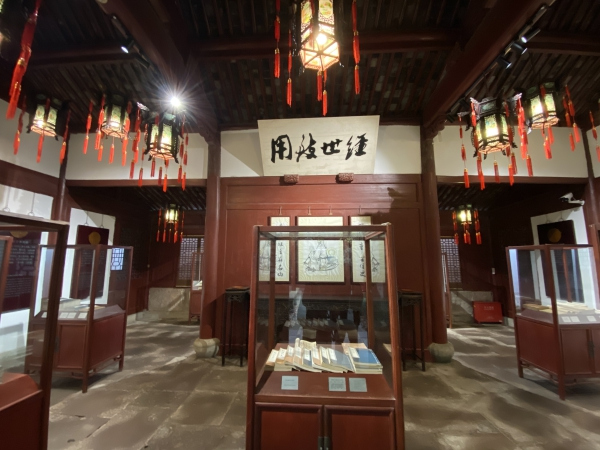
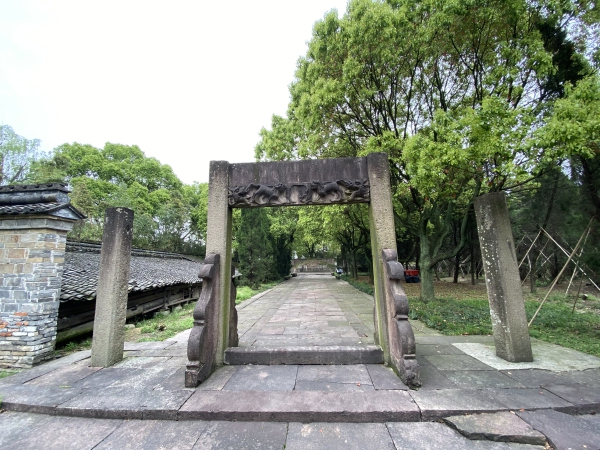
The Wan family produced many generals. Wan Bin was a general fighting under the command of Zhu Yuanzhang, the founding emperor of the Ming Dynasty (1368-1644). Four members of the family in three generations died in action for the country. The family of military exploits was prominent in Ningbo. It was Wan Tai (1598-1657) who turned the family into one of scholars. In 1630, he passed a provincial-level examination and became a , a candidate qualified for taking Imperial Exams. He was the first one in the Wans that won such a scholarly degree. He became a leader of the academic circles in Ningbo. Wan Tai and Huang studied under Liu Zongzhou (1578-1645), a scholar who studied under the disciples of Wang Yangming, arguably the most influential scholar of the Ming Dynasty. Huang Zongxi gave lectures at White Cloud House for eight years. Eight sons of Wan Tai studied under his guidance. Among the eight sons, Wan Sitong was a heavyweight historian who, in collaboration with other scholars including his niece Wan Yan, edited for eight years. Wan took the imperial job on the condition that he wanted neither payment nor official title. As a commoner, he did the royal job. Wan Sida ran a private school in Hangzhou where he studied classics. He buried Zhang Cangshui in Hangzhou in 1664 after the hero was executed.
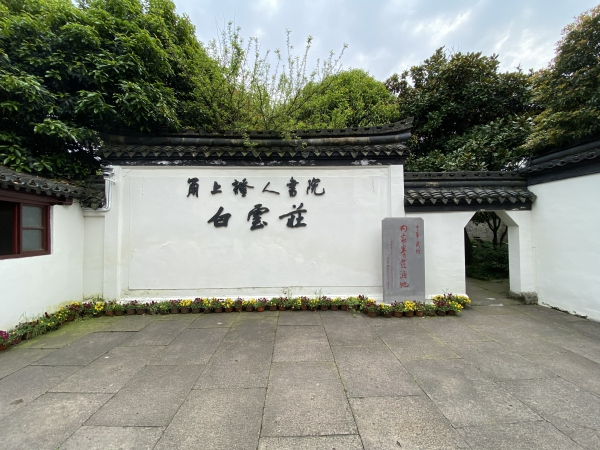
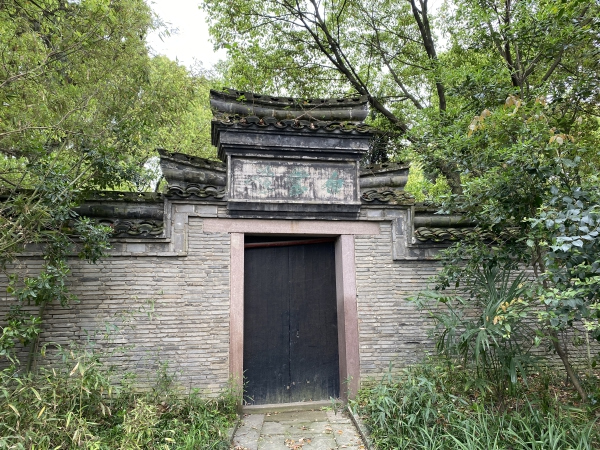
In the last years of the Ming, Wan Tai and Huang took part in political activities designed to revive the Ming and save it from falling apart. After the founding of the Qing in 1644, Wan and Huang took part in local resistance actions in Ningbo against the Qing army from the north. Huang went into hiding for a while after he was on the wanted list. After Huang was arrested and was about to be executed, Wan Tai organized a well-coordinated rescue and got Huang safely from execution. Wan Sicheng, one of the eight sons of Wan Tai, personally carried Huang on the back for five kilometers back to White Cloud House.
